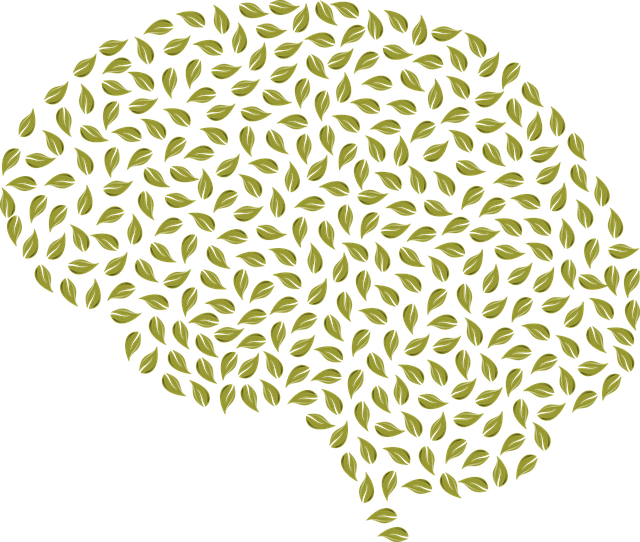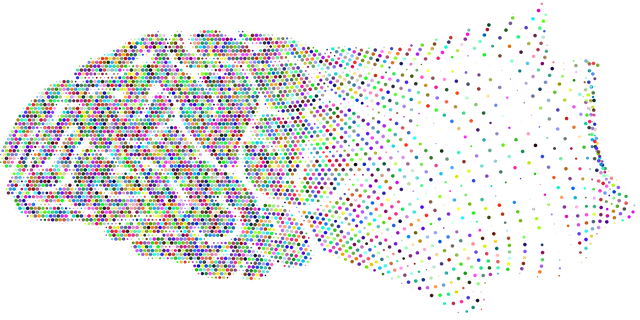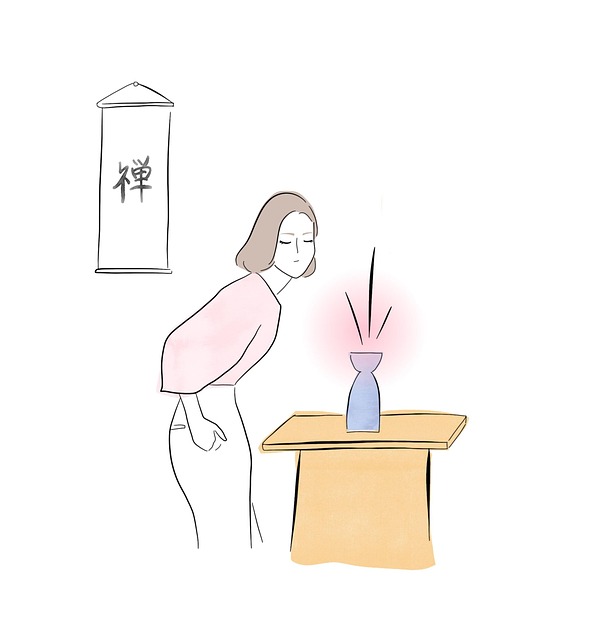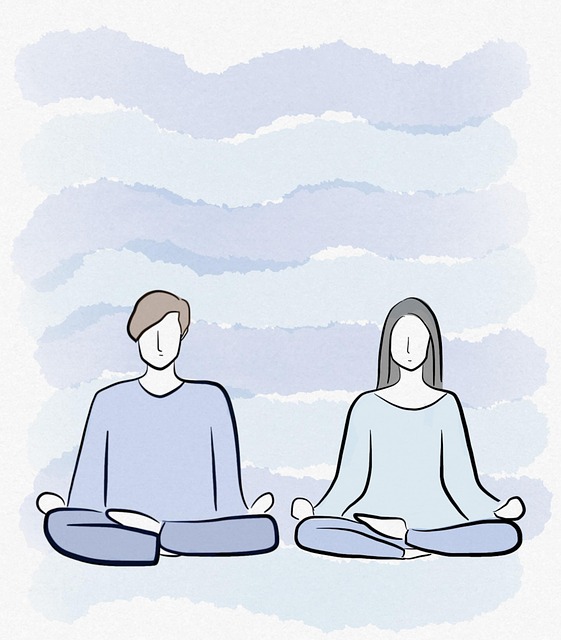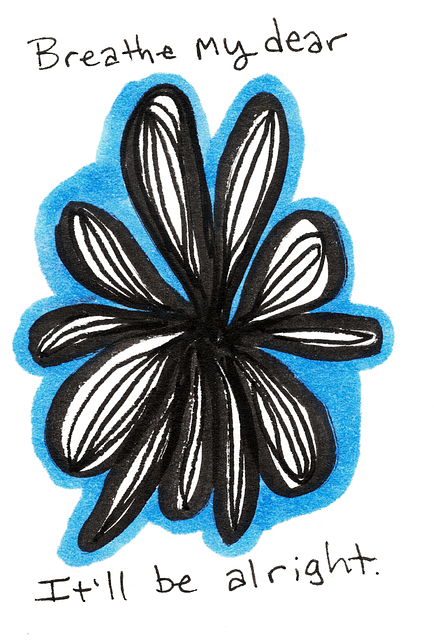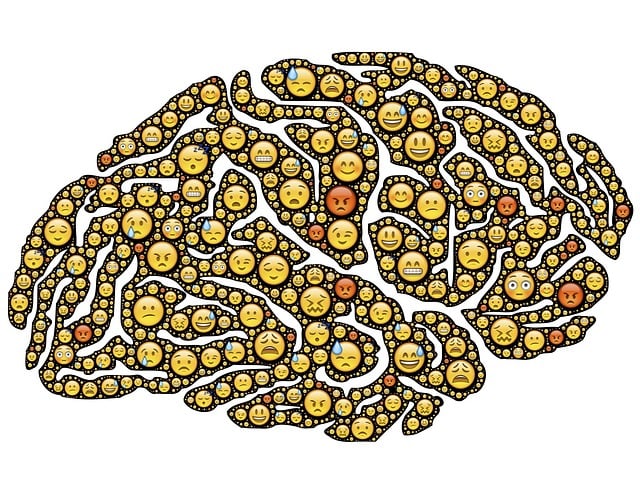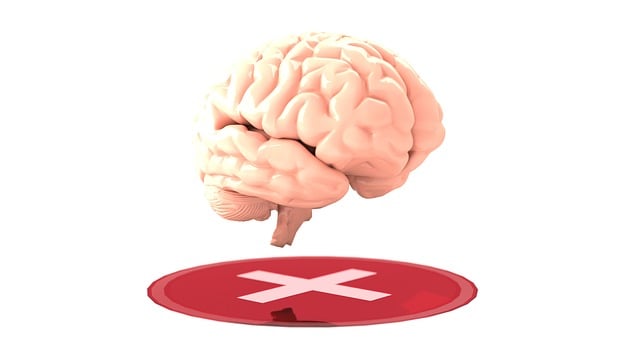Highlands Ranch Couples Counseling Therapy emphasizes the significance of group psychology in mental wellness settings, where diverse experiences and struggles can either facilitate or hinder collective healing. Facilitators create a safe environment through active listening, reflective practices, structured activities, and empathy, integrating insights from Mental Health Policy Analysis, Crisis Intervention, and Community Outreach. This blend promotes open communication, participation, and positive mental health outcomes, transforming the group dynamic into a powerful tool for personal growth and community well-being.
In today’s digital era, mental wellness group facilitation has emerged as a powerful tool for enhancing well-being. This article explores effective techniques for navigating complex group dynamics at Highlands Ranch Couples Counseling Therapy. We delve into creating safe spaces, fostering active participation, and employing strategies that encourage open communication. By understanding the unique interactions within groups, facilitators can revolutionize therapy, offering profound support and transformative experiences for all participants.
- Understanding Mental Wellness Group Dynamics
- Facilitation Techniques for Effective Group Interaction
- Creating a Safe and Supportive Environment
- Strategies for Encouraging Active Participation and Engagement
Understanding Mental Wellness Group Dynamics

In a mental wellness group setting, dynamic interactions between participants are both powerful tools and unique challenges. Facilitators at Highlands Ranch Couples Counseling Therapy must navigate complex emotions and diverse backgrounds to create a safe and supportive environment. Understanding group psychology is crucial; each individual brings their own experiences and struggles, which can either enhance or hinder collective healing. Recognizing power dynamics, personal boundaries, and the unspoken rules that govern these spaces is essential for effective facilitation.
Group therapy offers a unique opportunity for peer support and shared resilience. Techniques such as active listening, reflective practices, and structured activities foster open communication. By integrating insights from Mental Health Policy Analysis and Advocacy, Crisis Intervention Guidance, and Community Outreach Program Implementation, facilitators can enhance participation, encourage empathy, and promote positive mental health outcomes. This approach ensures that the group dynamic becomes a catalyst for personal growth and collective well-being.
Facilitation Techniques for Effective Group Interaction

In facilitating mental wellness groups, a balanced approach combining structured activities and fluid improvisation is key. Successful group interactions often hinge on creating a safe, non-judgmental environment where members feel empowered to share their experiences (Highlands Ranch Couples Counseling Therapy). Techniques such as active listening, reflective summarizing, and guided discussions encourage open communication, fostering a sense of community.
For instance, employing social skills training exercises can help participants navigate interactions more effectively. Crisis intervention guidance is also crucial, equipping facilitators with tools to handle unexpected emotional outbursts or disclosures promptly. Mental health awareness becomes the cornerstone of these sessions, promoting understanding and empathy among group members (Mental Health Awareness).
Creating a Safe and Supportive Environment

In facilitating mental wellness groups, one of the most effective strategies is cultivating a safe and supportive atmosphere. At Highlands Ranch Couples Counseling Therapy, this approach forms the bedrock of our therapeutic practices. By creating such an environment, participants feel empowered to open up, share their experiences, and listen to others without fear of judgment or ridicule. This fosters a sense of belonging and encourages active engagement in discussions that promote emotional intelligence and self-esteem improvement.
The process involves establishing clear ground rules, ensuring confidentiality, and actively practicing empathy and active listening. These communication strategies not only help individuals feel heard but also encourage them to engage in constructive dialogue. As participants begin to trust each other and the facilitator, they can delve deeper into personal challenges, navigate complex emotions, and collectively work towards building resilience and enhancing their overall mental wellness.
Strategies for Encouraging Active Participation and Engagement

In facilitating mental wellness groups, encouraging active participation and engagement is key to fostering a supportive environment where members feel heard and valued. One effective strategy is to incorporate interactive exercises that align with the Mind Over Matter principles. These could include group discussions on coping mechanisms, mindfulness practices, or even simple yet powerful Mental Wellness Journaling Exercises guided by the facilitators from Highlands Ranch Couples Counseling Therapy. By providing clear instructions and creating a safe space for self-expression, participants are more likely to actively engage in these exercises, enhancing their understanding of mental health concepts.
Additionally, incorporating diverse activities that cater to different learning styles can significantly boost engagement. This could involve sharing personal stories, engaging in creative writing prompts, or even physical activities that promote mindfulness. These inclusive approaches not only encourage participation but also help in disseminating Mental Health Awareness, enabling group members to learn from one another’s unique perspectives and experiences.
Group facilitation techniques, when applied with care, can transform mental wellness support into a dynamic and effective experience. By understanding group dynamics, employing strategies for active engagement, and creating safe spaces, facilitators like those at Highlands Ranch Couples Counseling Therapy can foster profound connections and meaningful healing. These skills not only enhance group interactions but also empower individuals to navigate their mental health journeys with renewed confidence and support.


